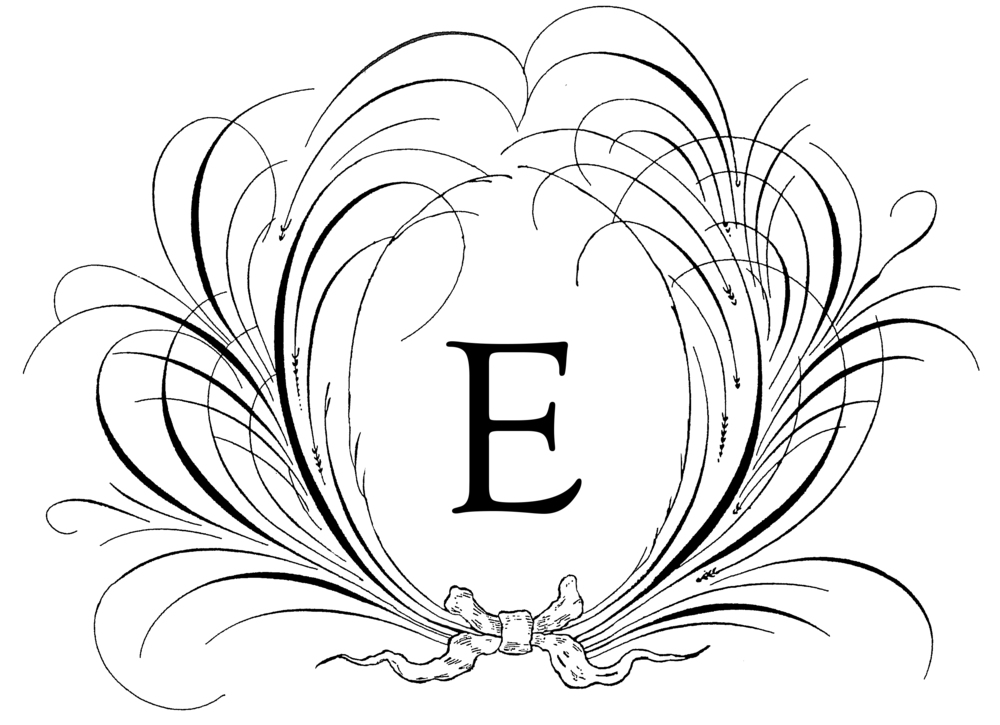Next Saturday, March 19th, is National Quilting Day. I think “National” days are so much fun, but I really like to know about them ahead of time, so a quilted pillow pattern is just the thing to celebrate National Quilting Day next week. You can accomplish this project in one day and by telling you ahead of time, you can gather your supplies and do it next Saturday – actually on National Quilting Day. Now that is planning.
Machine Embroidery Designs by Sonia Showalter
Medieval illuminated manuscripts were the inspiration for this pillow. The pillow is a combination of quilting and machine embroidery in gold metallic thread. The machine embroidery designs were from Sonia Showalter and were sewn after it was quilted using the Snap Hoop Monster by Designs in Machine Embroidery. I think another idea would be to embroider actual words in the blank parchment block.
If you do not have a embroidery machine, do not let that hinder you. The pillow does not need to be embellished or you could even embroider it by hand as hand embroidery is really becoming very popular again. DMC, a manufacturer of excellent embroidery threads, has a page dedicated to the different stitches on their website and there are wonderful YouTube demonstrations just waiting for you to google
ILLUMINATED MANUSCRIPT QUILT TOP
MATERIALS:
1 fat quarter of parchment silk dupioni
1 fat quarter of royal blue silk dupioni (also 1 additional matching fat quarter is needed for the back of the pillow, if you are making the pillow)
18” square of batting
18” square of muslin
CUT BLUE (B) SILK:
B1 = 2 pieces 2.75" by 13.5" for outer border
B2 = 2 pieces 2.75" by 18" for outer border
B3 = 1 piece 4.5" by 4.5" for main block
B4 = 2 pieces 2.5" by 8.5" for stripes off block
CUT PARCHMENT (P) SILK:
P1 = 1 piece 1.5" by 13.5" for inner border
P2 = 1 piece 1.5" by 12.5" for inner border
P3 = 3 pieces 1.5" by 8.5" for stripes background
P4 = 1 piece 8.5" by 9.5" for main parchment block
LAYOUT: The layout is available as a PDF here.
STITCHING ORDER:
- Stitch block P3 to each side of block B4.
- Attach this new block to B3 on the right side.
- Sew P3 and B4 together.
- Sew P4 to B4 of this new block.
- Attach this new block to the bottom of B3 that was made in step 2.
- Connect P2 to the block created in step 5.
- Connect P1 to the block created in step 6.
- Add B2 to the right sides of the block created in step 7.
- Add B1 to the top and bottom of the block created in step 8.
This finishes the creation of the block. It can now be quilted. I stitched in the ditch to highlight the blue blocks only.
Once the quilt top has been quilted, you would sew it like any other pillow that has piping/cording and a zipper.
To complete the pillow I also used:
20” matching royal blue zipper
20” square pillow form
2 ¼ yd gold cording
(also 1 additional royal blue fat quarter of silk dupioni is needed for the back of the pillow, if you did not include it in the quilt top)
_______________________________
When finishing the pillow, Pam Damour’s instructions in her PDF entitled Pam Damour's Foot Notes - Ten Steps to a Perfect Pillow, are fabulous. Take note of her special technique to taper the corners. This is really important and makes all the difference in making an elegant pillow. Thank you Pam for sharing this important tip with all of us. By the way, she does have several acrylic templates for sale on her website for tapering those corners. Pretty clever!
My version of the illuminated manuscript quilted pillow has been submitted to the Second Annual Nancy Zieman Pillow Challenge. The deadline for submissions is March 20th and online voting begins March 22nd, so I will surely be linking to that voting page then. The grand prize is a Baby Lock Anna sewing machine and that would be wonderful to take along when I teach sewing.
Next Saturday is also National Let’s Laugh Day, so truly enjoy next Saturday. So what are you doing to celebrate?





